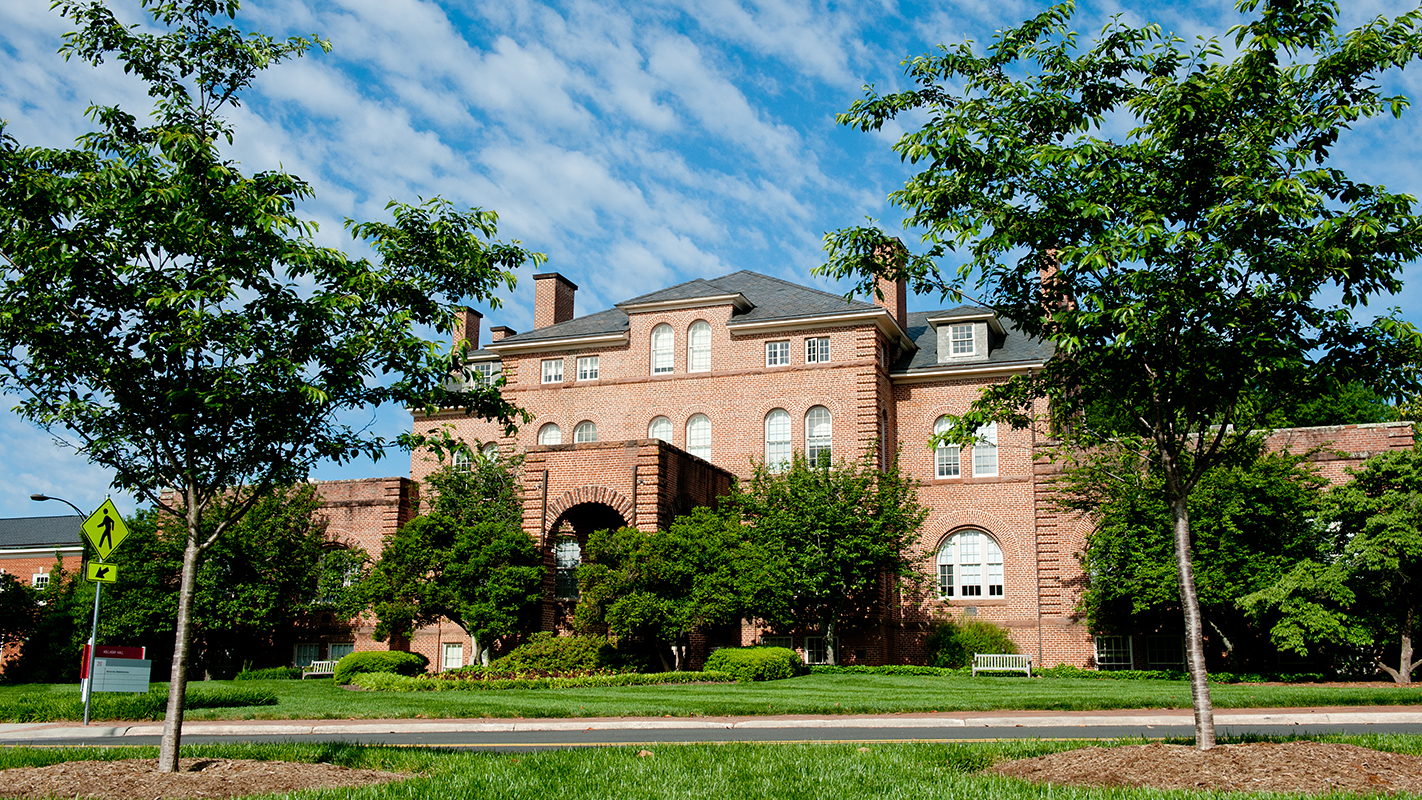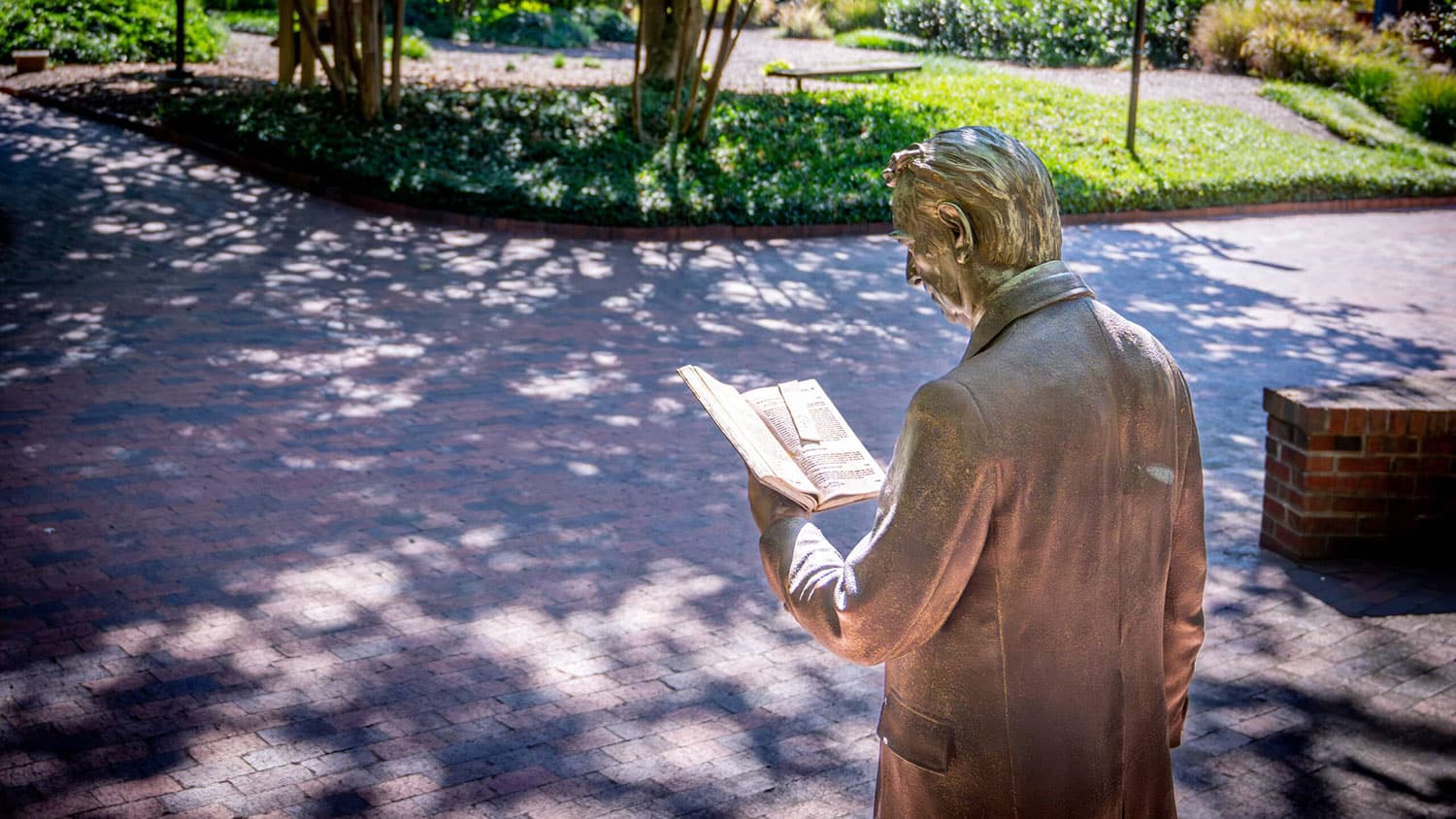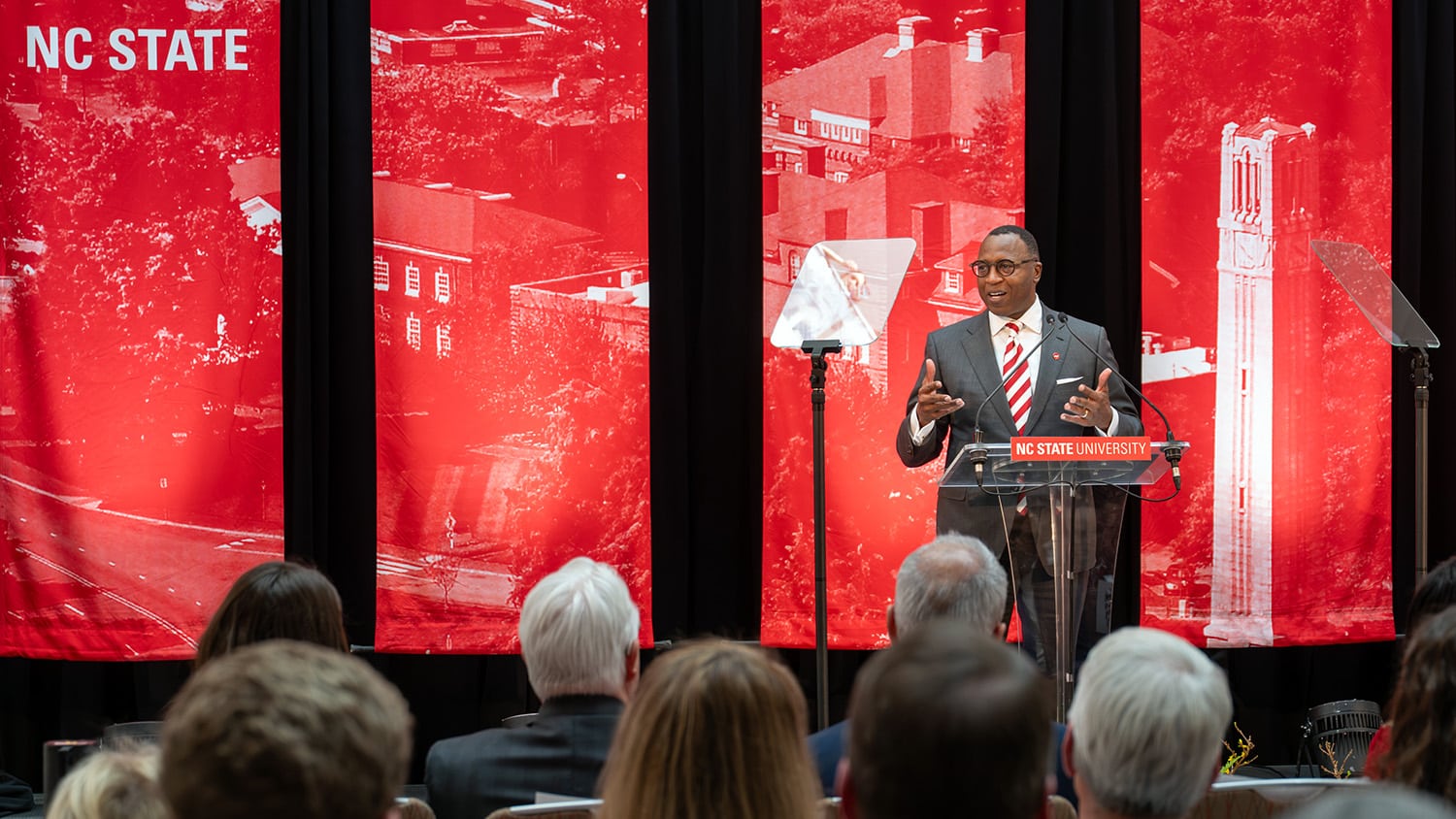Chancellor Randy Woodson has announced a second call for faculty cluster proposals. This new proposal round will identify four to six additional clusters and fund approximately 15 to 20 new faculty lines through the Chancellor’s Faculty Excellence Program (CFEP).
The process has changed from the first CFEP round based on feedback from campus and experience with the program. Applicants will engage in a two-step proposal process, intended to clarify a new cluster’s mission and better engage important campus constituencies. The funding model is also being changed to reflect the actual costs of CFEP hires to date. The Provost’s Office will provide a larger percentage of the costs in this round: 100 percent of the line and 50 percent of the start-up. The colleges will be expected to budget ahead to cover the 50 percent start-up costs of the lines. The goal is to avoid protracted negotiations, which can be time consuming and inefficient for both the Provost’s Office and the colleges. It can also create delays in hiring that have the potential to result in the loss of qualified candidates.
General Instructions
The CFEP program is designed to encourage interdisciplinary collaborations in areas of strength and high potential. Cross-college groups of faculty are encouraged to submit pre-proposals for advancing the national prominence of their research group through the hiring of three to four eminent or highly promising faculty, at any rank. Successful pre-proposal applicants will be provided with feedback and invited to apply for the final proposal stage. Pre-proposals and subsequent invited proposals will be vetted by a cross-college committee. An invitation to submit a final proposal does not guarantee that the cluster will be selected for funding.
Pre-Proposal Stage: Oct. 13 — Dec. 5
Pre-Proposal Format
- The pre-proposal should be no more than three pages and include the following: name of cluster, cluster leader (no more than two names), proposing faculty, short-term and long-term objectives of the cluster, description of the alignment between cluster objectives and college and university strategic priorities, an impact statement and a proposed hiring plan (detail specific areas and faculty ranks but do not include the names of targeted individuals).
- Appendix of no more than two pages listing relevant past or current grant funding and any current or future plans for development of graduate programs.
- Pre-proposals should be accompanied by letters of support from the relevant deans. College letters should include a statement of where the submission fits into the college strategic plans and an assessment of priority.
Pre-proposals are due to Laura Severin by Dec. 5.
In evaluating the pre-proposals, priority will be given to several criteria:
- Ability to achieve national eminence in proposed topic
- Alignment with university strategic priorities and/or cross-cutting platforms
- Demonstration of real interdisciplinarity
- Potential to build on an existing university strength (or strength of the existing assets)
- Opportunity for faculty to engage in both research and teaching of proposed topic
- Ability to attract funding
- Commitment to share resources and physical infrastructure
- Inclusion of multiple colleges
- Demonstration of a balanced hiring plan with clear leadership
- Potential to attract diverse faculty
Successful pre-proposal applicants will be notified by Jan. 12, 2015 and provided with feedback to help in the preparation of their full proposals.
Proposal Stage: Jan. 12 — March 6
Final Proposal Format
- Revised proposal of 5-10 pages, which includes all the elements requested in the pre-proposal (name of cluster, cluster leaders, proposing faculty, objectives, relevance to strategic priorities, impact statement and hiring plan).
- Revised appendix of up to three pages.
- Original or revised letters of support from relevant college deans.
- Letters of support from at least three department heads, indicating their faculty’s interest in participating in the hiring process. Department head letters should also explain the relevance of the hire to departmental strategic priorities.
- A space plan elaborating the likely space needs for the three-four proposed faculty and how these needs might be met by the sponsoring colleges and departments. Where space needs cannot be met, the department and the college should detail the amount and kind of space needed.
Criteria for the final proposal stage will include all of the above pre-proposal criteria, plus the following:
- Departmental commitment to the proposal
- Clear articulation of space needs
- Engaged response to pre-proposal feedback
Final proposals are due to Laura Severin by March 6, 2015. Successful clusters will be announced by the end of the spring 2015 semester.
- Categories:



